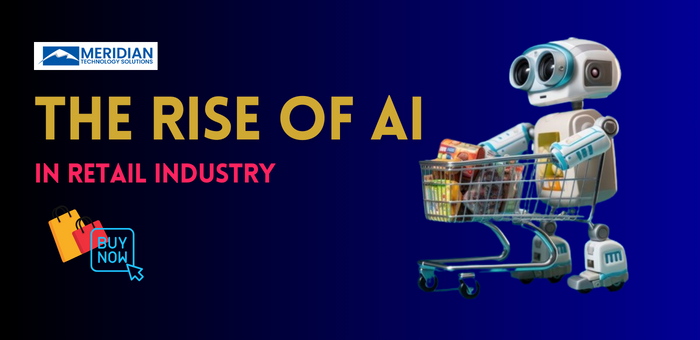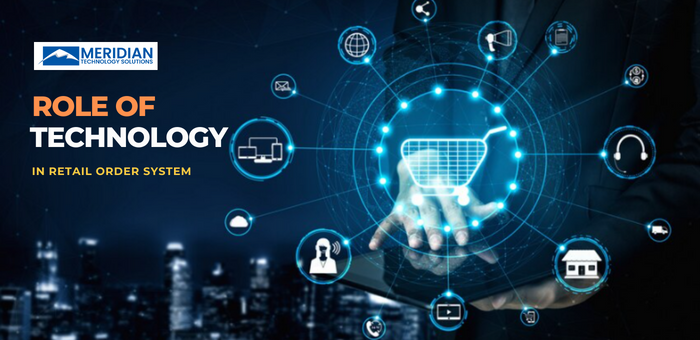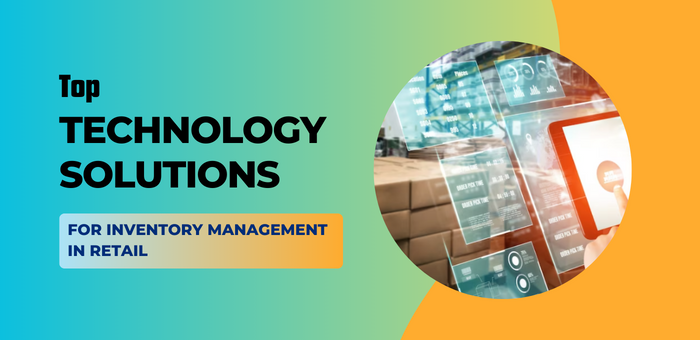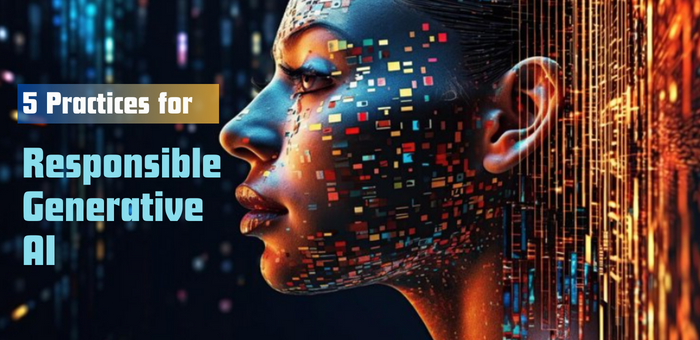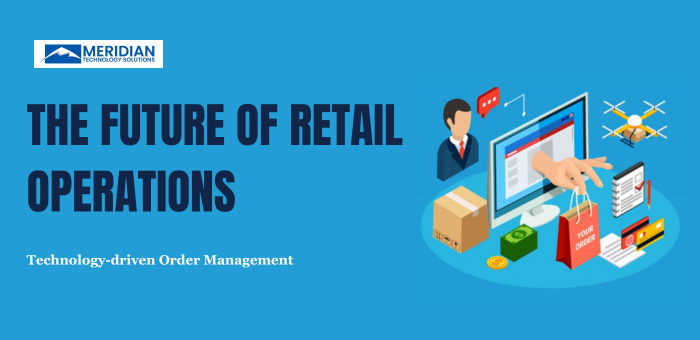The Rise of AI in Retail Industry
Today, AI is shaking things up in every industry, and retail is right at the forefront! 80% of the retailers have been using AI in their business and enhancing their productivity. AI helps with repetitive tasks, enabling you focus more on creative jobs.
For retailers, adopting AI-driven automation leads to immediate gains in productivity. The latest report shows that the global AI in retail market is predicted to reach a whopping USD 45.74 billion by 2032. This clears that, the growth rate is about 18.45% each year from 2023 to 2032.
The integration of AI has transformed the way retailers operate, providing them with powerful tools to enhance customer experiences, streamline operations, and drive overall business growth.
In this blog, we will read how AI is impacting the retail industry and reforming the future of online shopping for better customer experience.
What is AI?
AI refers to the development of computer systems that can perform tasks that typically require human intelligence, such as visual perception, speech recognition, decision-making, and language translation.
In the retail sector, AI is being used to automate processes, analyze data, and improve overall efficiency. Artificial Intelligence in retail involves different technologies, such as AI-driven analytics, natural language processing, computer vision, and robotics. These technologies imitate human intelligence and actions, and they’re used in various retail tasks.

Evolution of AI in Retail
The adoption of AI in retail has evolved rapidly over the years. Initially, it started with basic applications like inventory management and chatbots. However, as technology advanced, AI’s role in retail expanded to include personalized marketing, demand forecasting, and even cashier-less stores.
“A close buddy of AI in retail is Machine Learning. Machine Learning, a subset of AI, involves creating algorithms that continuously learn and improve from data over time without explicit programming. AI and machine learning often go hand in hand in retail, empowering computer systems to automatically enhance their performance.”
In retail, AI-driven analytics and machine learning work together to-
- Analyze large amounts of data
- Identify patterns
- Make predictions
This dynamic duo enables businesses to make well-informed decisions based on timely and accurate information. AI in retail is shaking things up in enhancing customer experience, boosting sales, and cutting costs.
Benefits of AI in Retail

- AI Offers Personalized Shopping Experience
AI algorithms analyze customer preferences, purchase history, and online behavior to provide personalized product recommendations. This not only enhances the shopping experience but also increases the likelihood of making a sale. According to a survey by Accenture, 91% of consumers are more likely to shop with brands that provide relevant offers and recommendations. - AI Works like Virtual Assistants and Chatbots
AI-powered virtual assistants and chatbots are becoming increasingly common in the retail industry. These tools help customers find information, track orders, and resolve issues promptly. Gartner predicts that by 2022, 70% of customer interactions will involve emerging technologies such as chatbots. - AI Streamlines Inventory Management
AI’s ability to analyze large datasets in real-time is a game-changer for inventory management. Retailers can optimize stock levels, reduce overstock and stockouts, and ultimately minimize costs. According to IBM, AI can improve inventory accuracy by up to 95%, leading to substantial savings for retailers. - AI Optimizes Supply Chain
AI aids in streamlining the entire supply chain process. From predicting demand to optimizing routes for transportation, AI ensures a more efficient and cost-effective supply chain. A report by McKinsey suggests that AI can reduce supply chain forecasting errors by up to 50%, reducing excess inventory and associated costs. - AI Revolutionizes Marketing & Sales
AI-driven predictive analytics allows retailers to anticipate trends, customer preferences, and market dynamics. This foresight enables businesses to make informed decisions, create targeted marketing campaigns, and stay ahead of competitors. According to Forbes, companies using AI for predictive analytics see a 73% increase in sales. - AI Adjusts Pricing Dynamically
AI algorithms analyze market conditions, competitor pricing, and consumer behavior to adjust prices dynamically. This ensures retailers stay competitive and maximize profits. In fact, a study by Deloitte found that dynamic pricing strategies powered by AI can lead to a 10% increase in revenue for retailers.
AI-Powered Retail Tech
- Cashier-less Stores
Retail giants like Amazon have introduced cashier-less stores where customers can grab items and simply walk out without going through a traditional checkout process. AI-powered cameras and sensors track the items selected, automatically charging the customer’s account. This not only saves time for shoppers but also reduces labor costs for retailers. - AR and and Virtual Try-Ons
AI and AR are transforming the way customers shop for apparel and accessories. Virtual try-on experiences allow users to visualize how products will look on them before making a purchase. This immersive technology not only enhances the online shopping experience but also reduces the rate of returns for retailers.
AI in Use at Simons, a Leading Fashion Retailer
Simons uses AI, particularly predictive analytics. The industry wants to handle key challenges such as predicting demand for products with irregular or slow sales, forecasting accuracy for sized merchandise (fashion & apparel), accounting for seasonality, weather, and demand spikes, and optimizing inventory assortment to balance depth and diversity.
- This approach helps Simons maintain optimal inventory levels.
- It helps streamline the process of generating store shipments
- It saves significant resources, time, and manual labor.
Overcoming Challenges & Ethical AI Use
Overcoming challenges in AI means tackling issues like privacy concerns and ensuring responsible and ethical AI use. Striking a balance between technological advancement and ethical considerations is key to harnessing the full potential of AI in a responsible manner.
- Privacy Concerns
The widespread use of AI in retail raises concerns about consumer privacy. Retailers must prioritize ethical AI practices, ensuring that customer data is handled responsibly and transparently. Clear communication about data usage and protection measures helps build trust with customers. - Workforce Reskilling
As AI continues to automate routine tasks, there is a need for the retail workforce to acquire new skills. Retailers must invest in training programs to reskill employees, ensuring they can adapt to the changing technological landscape.
Wrapping Up
The rise of AI in the retail industry is reshaping the way businesses operate and how customers experience shopping. From personalized recommendations to cashier-less stores, AI is driving efficiency, improving decision-making, and ultimately enhancing the bottom line for retailers. As we navigate this exciting era of technological advancement, it is crucial for businesses to embrace AI responsibly, addressing challenges and ensuring a positive impact on both the industry and its customers. The future of retail is undoubtedly intertwined with the power of artificial intelligence.
If you are looking for intelligent solutions that help you become more productive or give better customer experience, contact us. We, at Meridian Technology Solutions, develop software products and solutions that matches your business needs. We blend cutting-edge technology with a deep understanding of your business needs. We make sure to build a tailor-made solution for optimal efficiency. Our experienced team is dedicated to delivering innovative, reliable, and scalable software that takes your business to the great success heights. Let’s talk and know more!

